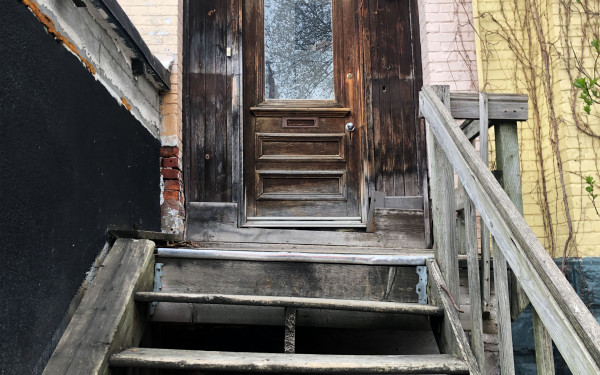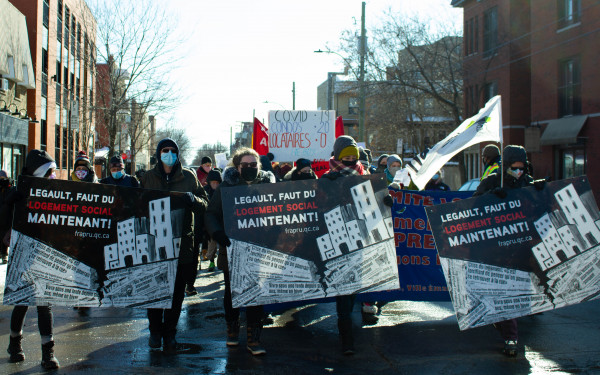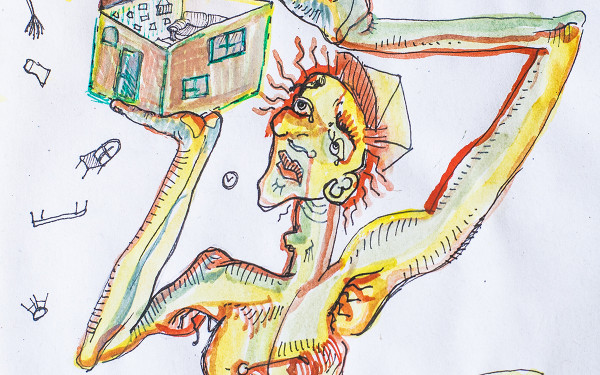Editorial: Housing is a fundamental right; let’s act like it
The provincial government still—unsurprisingly—does not see affordable housing and those who stand to benefit most from it as a priority.
Last week’s editorial underlined how the government's treatment of Montreal's homeless population and others who are particularly vulnerable during the pandemic is dangerous, cruel, and callous.
This week, the provincial government outlined plans, in partnership with the federal government, for over 1,200 affordable housing units across Quebec. Some 260 of those will be in Montreal. This is good news, but it does very little for a housing situation that can only be described as dire.
Montreal needs social housing and other alternatives to the private market, and lots of it. Regulation on the cost of housing needs to be rigorous and aggressive.
Despite a six per cent vacancy rate in the city—the highest it has been in years—rent prices have not budged from record highs.
The province recently announced this year’s guideline for rent increases—0.8 per cent. Tenants’ rights groups have responded by demanding Quebec reverse course and impose a freeze on rent prices, something Ontario has done this year.
Unsurprisingly, the Quebec Landlords’ Association has voiced its opposition to this measure, selfishly complaining that “[their tenants] already benefit from social programs.”
Landlords refusing to bend during a pandemic with the provincial government reinstating the lockdown only further deepens the need to guarantee everyone’s fundamental right to housing. The government's hands-off approach has left shelters and housing nowhere near the standards we need, be it during a pandemic or not.
New affordable housing projects are a step in the right direction, but they do little to ease the burden on vulnerable Montrealers, including our unhoused, who have been treated as expendable.
While we wait for the next crop of affordable housing, we must not lose sight of the fact that we are in a housing crisis that shows no signs of abating. Looking to programs in the future will not make up for the fact that there needs to be a drastic change of the way all levels of government view shelters and affordable housing. Even a bylaw favoured by the mayor that would require developers to reserve 20 per cent of new units for social housing, creating 600 new social housing units per year, does not go far enough.
Skyrocketing rents are an emergency, not an investment opportunity. Housing must be seen as a right, not as a commodity. When it comes to equitably allocating this basic need, the private market is failing.

.png)



_600_375_s_c1.png)
